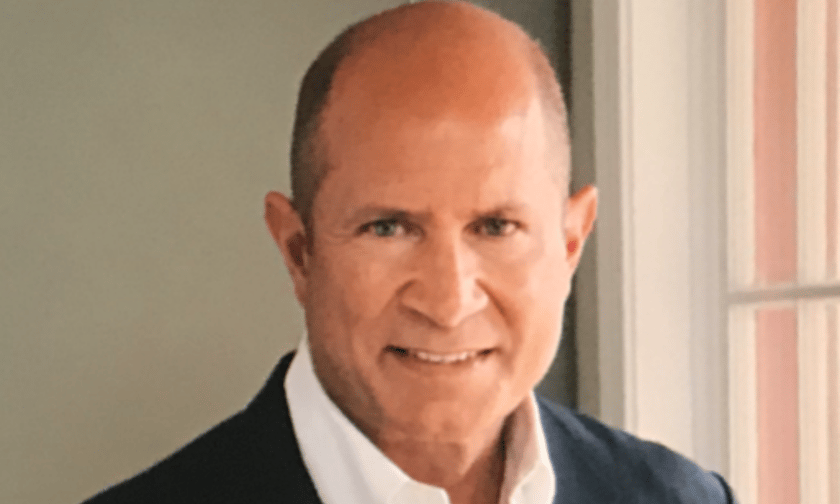From coffee recalls, to ice-cream – how to protect small clients from big losses

With recent reports of nearly 300 coffee products being recalled worldwide due to concerns over botulism, product recall is in the spotlight as a risk that manufacturers, retailers, and distributors must vigilantly manage against.
With indications suggesting fewer people are falling ill on average due to food product recalls, potentially influenced by the rise of social media and quicker information dissemination, the concern for businesses has shifted. Rather than managing class-action lawsuits, major losses now typically stem from business interruption.
Bill Harrison, managing director, product recall practice at Gallagher, emphasized: “It’s the cost of rehabilitating your sales, advertising, marketing, and the entire crisis management aspect.”
The rise of third-party manufacturing
While business interruption remains a significant risk, of similar concern in the realm of product recall is the growing trend of third-party manufacturers.
The global food contract manufacturing market is substantial, valued at over $130 billion, with an estimated 74% of US food manufacturers already outsourcing some form of production.
This reflects a growing segment of the manufacturing industry where companies, rather than producing their own products, engage others to manufacture goods under their brand names. “A good percentage of the products that you see in the store are not made by the company’s brand that you know, they’re made by a third-party company,” confirmed Harrison.
“If one of those companies makes a mistake, they’ve got to deal with all their own recall and replacements costs, but now they’ve also got liability for that other company’s brand,” he added.
Earlier this week, Maryland-based ice cream manufacturer Totally Cool recalled over 60 ice-cream products due to listeria risk. This included products produced for major brands such as Hershey’s Ice Cream.
Reflecting on the ripple effect smaller manufacturers like Totally Cool can cause, Harrison noted, “If you consider all multibillion-dollar brands out there, a fairly small company can cause a loss that’s 20 times its size.”
Why general liability isn’t enough
One of the major risks associated with product recall insurance is that many smaller brands often become excited about the prospect of working with a larger company and mistakenly assume that all their insurance needs are covered under a general liability policy.
In emphasizing what brokers can do to ensure clients are adequately protected from product recall risks, Harrison maintained it is important for brokers to know that if they are dealing with a contract manufacturer producing complete or whole products under someone else’s brand, they are exposed to risks not covered under general liability policies and will require separate product recall protections.
He shared: “This gap exposes contract manufacturers to a risk that many of them have no idea they have. Your clients can be totally exposed to a giant brand they are so proud to make things for, but if they make one small mistake, it can be devastating for them.”
Adam Nisenson, managing director, product recall practice at Gallagher, also highlighted the importance of brokers not just guiding clients down the right path but being there for them during the claims process should something occur.
It’s vital to ask if you are there for your client. “Are you guiding them down the right path and direction?” he asked. “It’s important to make sure the policy is responding for your clients the way it’s supposed to be and that they have the proper resources. That’s something we take very seriously.”
Related Stories
Keep up with the latest news and events
Join our mailing list, it’s free!






